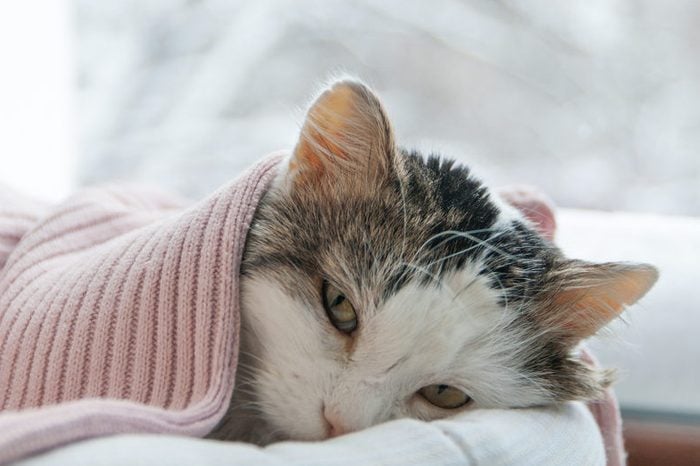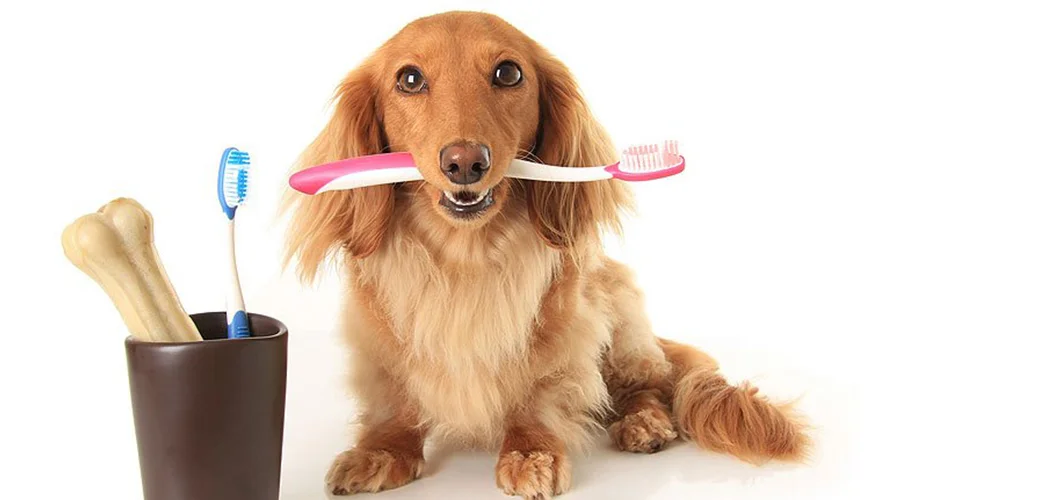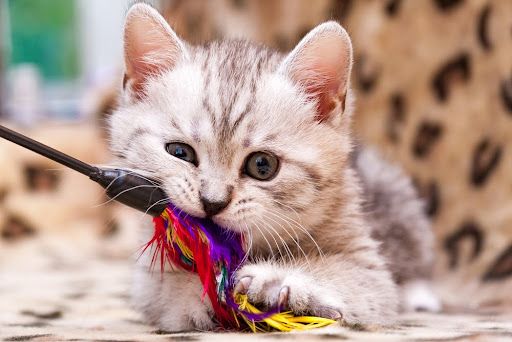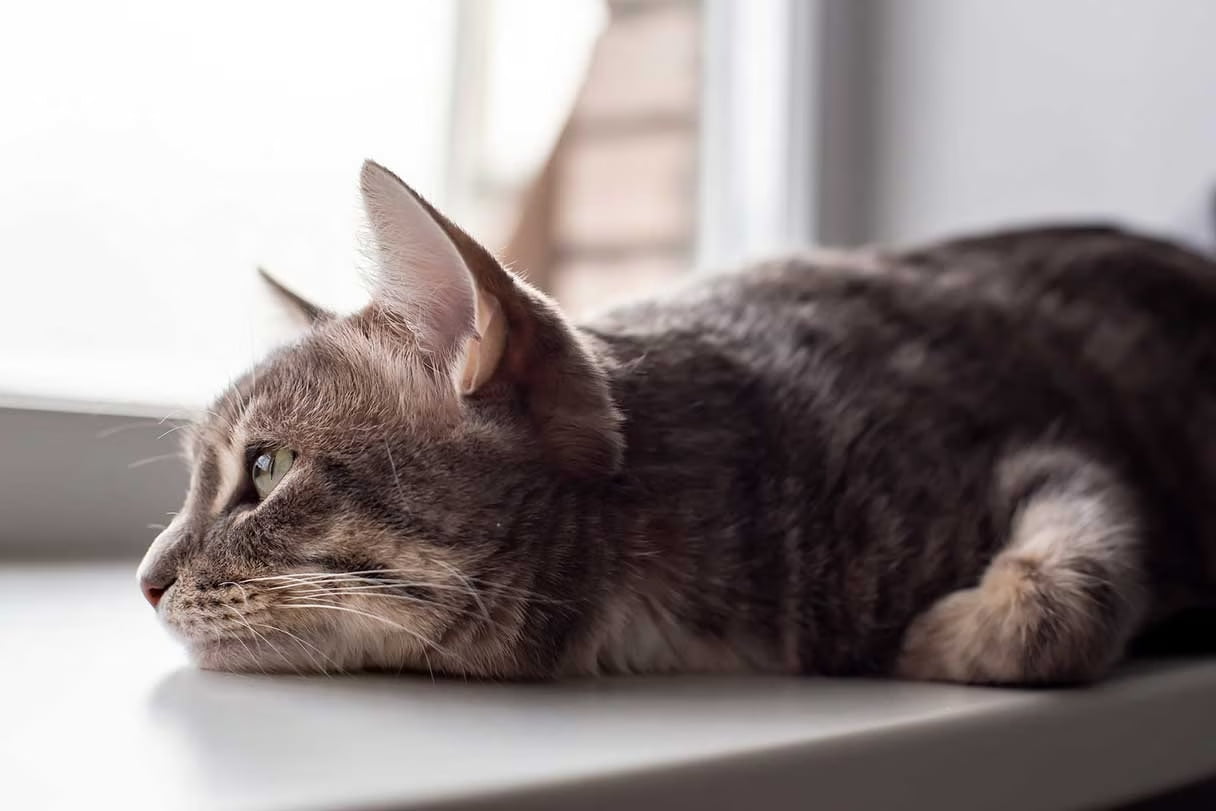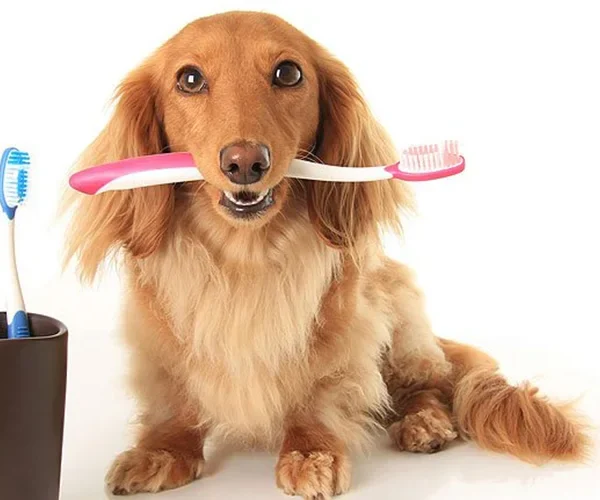Learn about common health issues in cats, their prevention strategies, and available treatment options to ensure your feline companion stays healthy.
Common Health Issues in Cats
Cats can get sick for a variety of reasons, just like humans. Some of the most common causes of illness in cats include:
- Infectious diseases: Cats can get sick from a variety of viruses, bacteria, and parasites. Some common infectious diseases in cats include upper respiratory infections, feline leukemia virus (FeLV), feline immunodeficiency virus (FIV), ringworm, and giardia.
- Injuries: Cats can get injured in a variety of ways, such as being hit by a car, falling from a high place, or getting into fights with other animals. Injuries can cause a variety of problems, including pain, bleeding, and infection.
- Health conditions: Cats can develop a variety of health conditions, such as diabetes, hyperthyroidism, kidney disease, and cancer. These conditions can cause a variety of symptoms, depending on the underlying disease.
- Environmental toxins: Cats can be exposed to a variety of environmental toxins, such as pesticides, cleaning chemicals, and antifreeze. These toxins can cause a variety of health problems, including poisoning, organ damage, and cancer.
- Nutritional imbalances: Cats that are not eating a balanced diet can develop a variety of health problems, such as malnutrition, obesity, and diabetes.
Common diseases in cats
Cats are generally healthy creatures, but they can still be susceptible to a variety of health problems. Some of the most common health issues in cats include:
- Dental disease: Dental disease is one of the most common health problems in cats. It can cause pain, bad breath, and difficulty eating. Regular dental cleanings and brushing can help prevent dental disease.
- Feline lower urinary tract disease (FLUTD): FLUTD is a group of disorders that affect the lower urinary tract in cats. It can cause symptoms such as urinary incontinence, straining to urinate, and blood in the urine.
- Fleas and ticks: Fleas and ticks can carry diseases that can be harmful to cats. It is important to keep your cat’s fleas and ticks under control with regular treatments.
- Heartworms: Heartworms are a serious parasitic infection that can be fatal to cats. Heartworm prevention is essential for all cats, especially those who live in or near areas where heartworms are common.
- Feline immunodeficiency virus (FIV): FIV is a virus that weakens the immune system of cats. It is spread through bites from infected cats. There is no cure for FIV, but there are treatments that can help manage the disease.
- Feline leukemia virus (FeLV): FeLV is a virus that can cause cancer in cats. It is spread through saliva, blood, and milk. There is no cure for FeLV, but there are treatments that can help manage the disease.
- Cancer: Cancer is a serious health problem that can affect cats of all ages. The most common types of cancer in cats include lymphoma, skin cancer, and mast cell tumors.
- Diabetes: Diabetes can be treated with a combination of insulin injections, diet, and exercise.
- Kidney disease: Kidney disease can be treated with a combination of medication, diet, and fluid therapy.
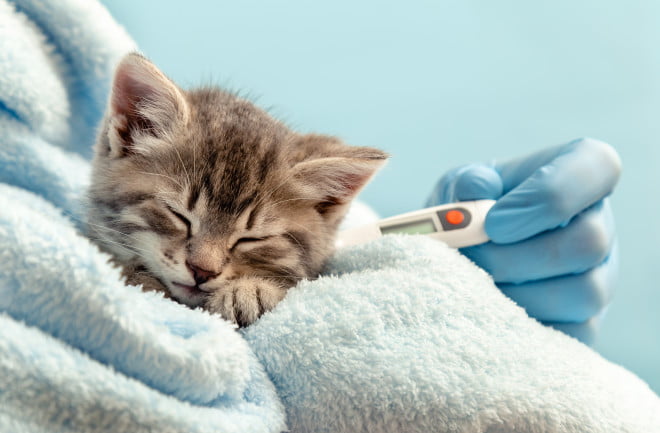
If you notice any of these symptoms in your cat, it is important to take them to the vet right away. Early diagnosis and treatment can help to improve your cat’s chances of a full recovery.
Prevention
There are a number of things that you can do to help prevent health problems in your cat. These include:
- Bringing your cat to the veterinarian for regular checkups: This will allow your veterinarian to identify any potential health problems early on and recommend treatment.
- Keeping your cat up-to-date on vaccinations: Vaccinations can help protect your cat from a variety of diseases.
- Spaying or neutering your cat: Spaying or neutering can help reduce the risk of certain health problems, such as certain types of cancer.
- Providing your cat with a healthy diet: A healthy diet can help keep your cat’s weight in check and reduce the risk of some health problems.
- Keeping your cat’s environment clean: A clean environment can help reduce the risk of parasites and other infections.
- A healthy diet: A healthy diet will help to keep your cat at a healthy weight and reduce their risk of developing health problems.
- Regular grooming: Regular grooming will help to remove loose hair and dander, which can help to reduce the risk of skin problems.
- A clean litter box: A clean litter box will help to reduce the risk of urinary tract infections and other health problems.
- A safe environment: A safe environment will help to prevent your cat from getting injured or sick.
If you notice any changes in your cat’s behavior or appearance, such as decreased appetite, weight loss, or changes in their coat, it is important to bring them to the veterinarian right away. Early diagnosis and treatment are essential for the best possible outcome for your cat.
Additional tips
Here are some additional tips for treating cat issues:
- Be patient: Treatment for some cat issues can take time. Be patient and consistent with your cat’s treatment plan.
- Monitor your cat’s progress: Keep track of your cat’s progress and report any changes to your veterinarian.
- Provide your cat with a comfortable environment: Make sure your cat has a comfortable place to rest and recover.
- Offer your cat plenty of love and support: Your cat may need extra love and support during treatment.
By following these tips, you can help your cat through treatment and get them back to good health.
Tips for keeping your cat healthy
Here are some tips for keeping your cat healthy:
- Brush your cat’s teeth regularly.
- Trim your cat’s nails regularly.
- Provide your cat with plenty of fresh water.
- Keep your cat’s litter box clean.
- Play with your cat regularly.
- Take your cat to the veterinarian for regular checkups.
By following these tips, you can help keep your cat healthy and happy for many years to come.

